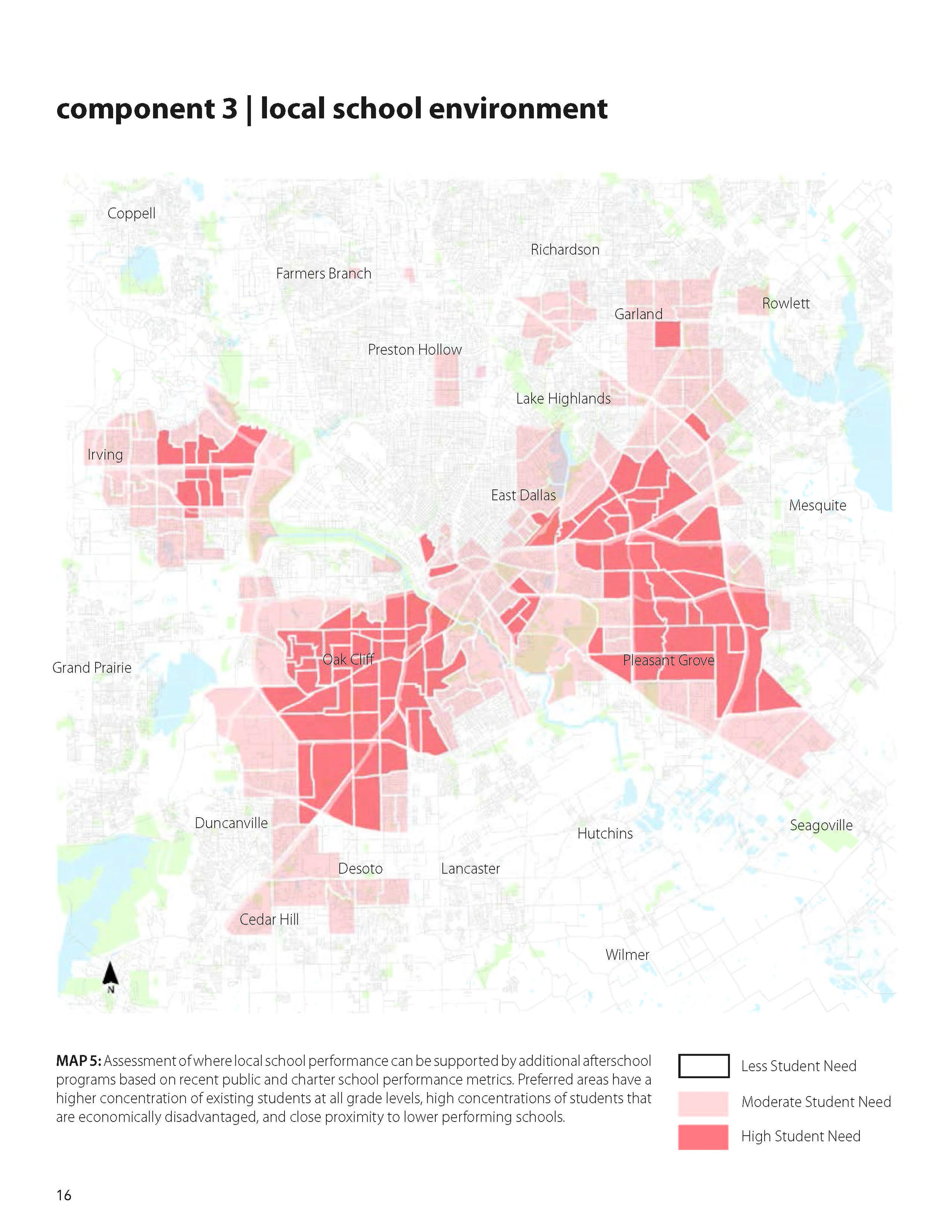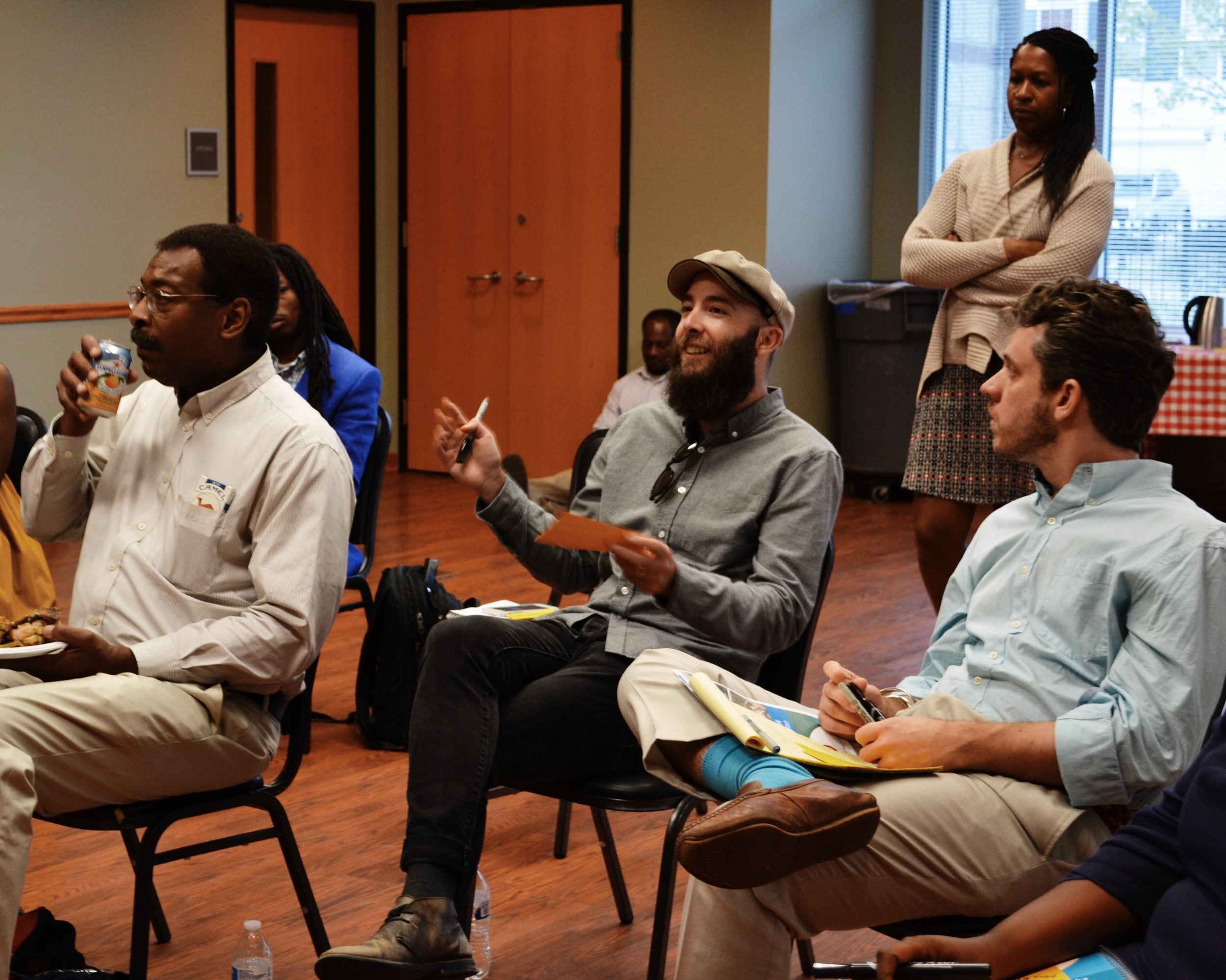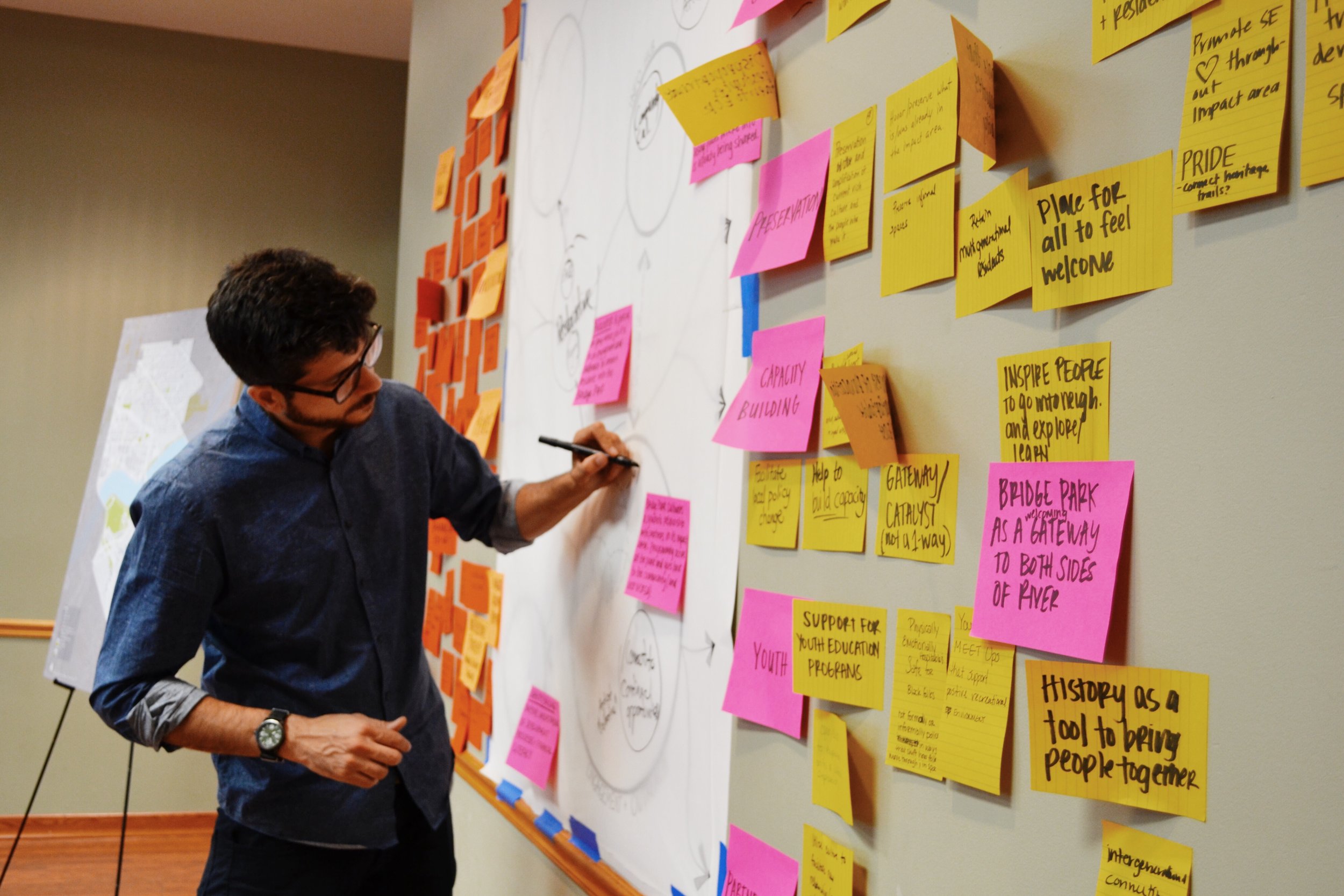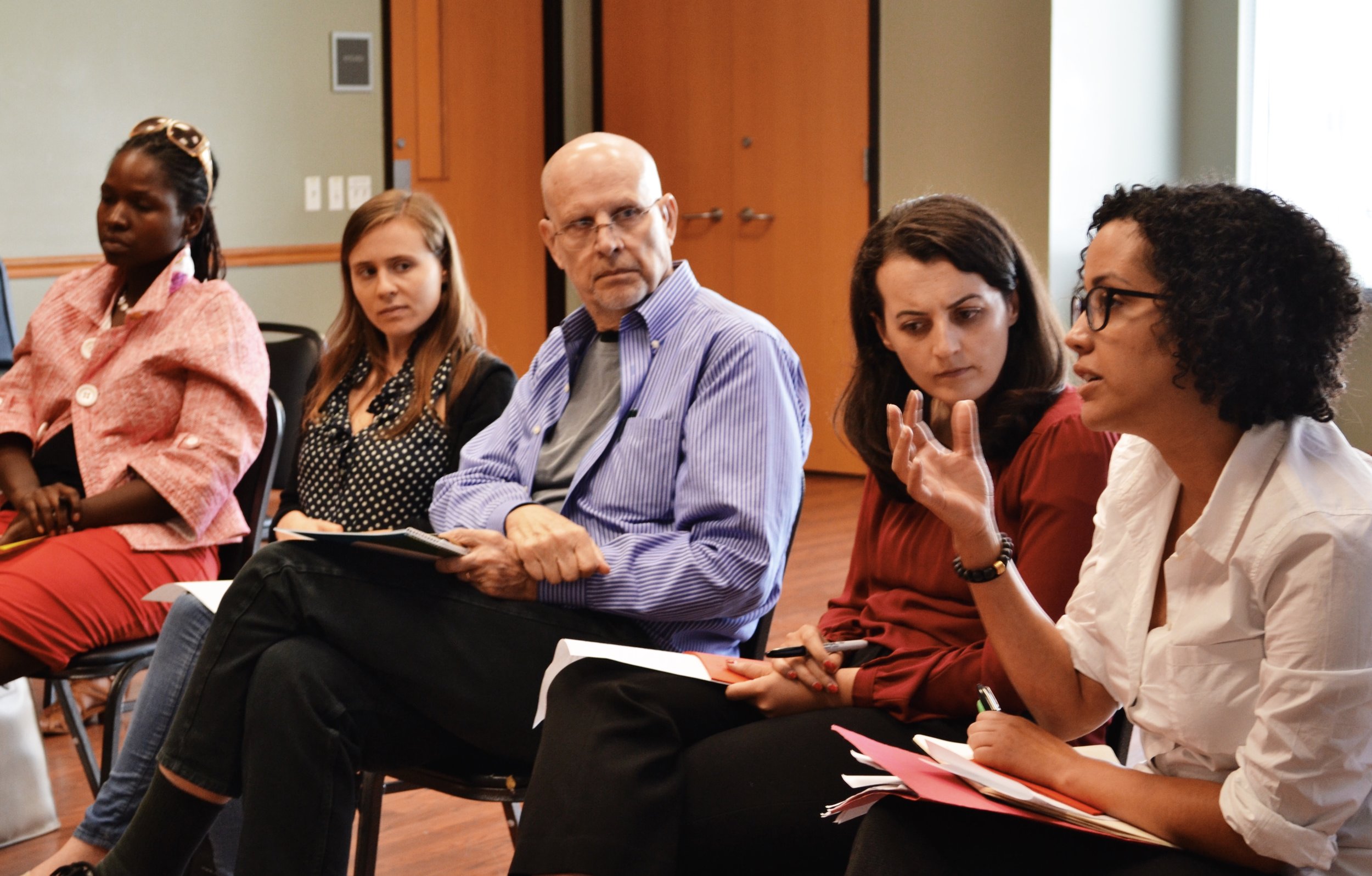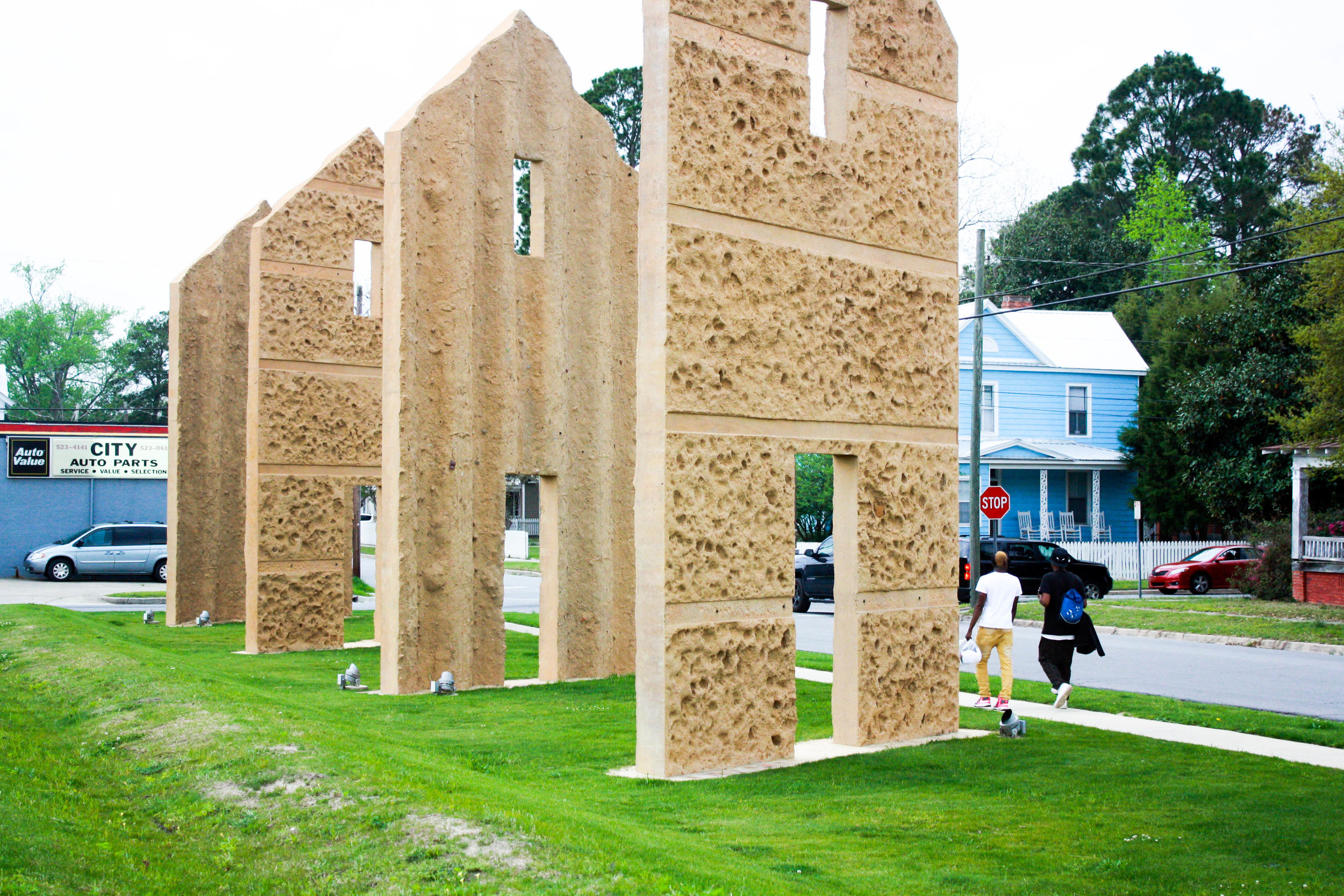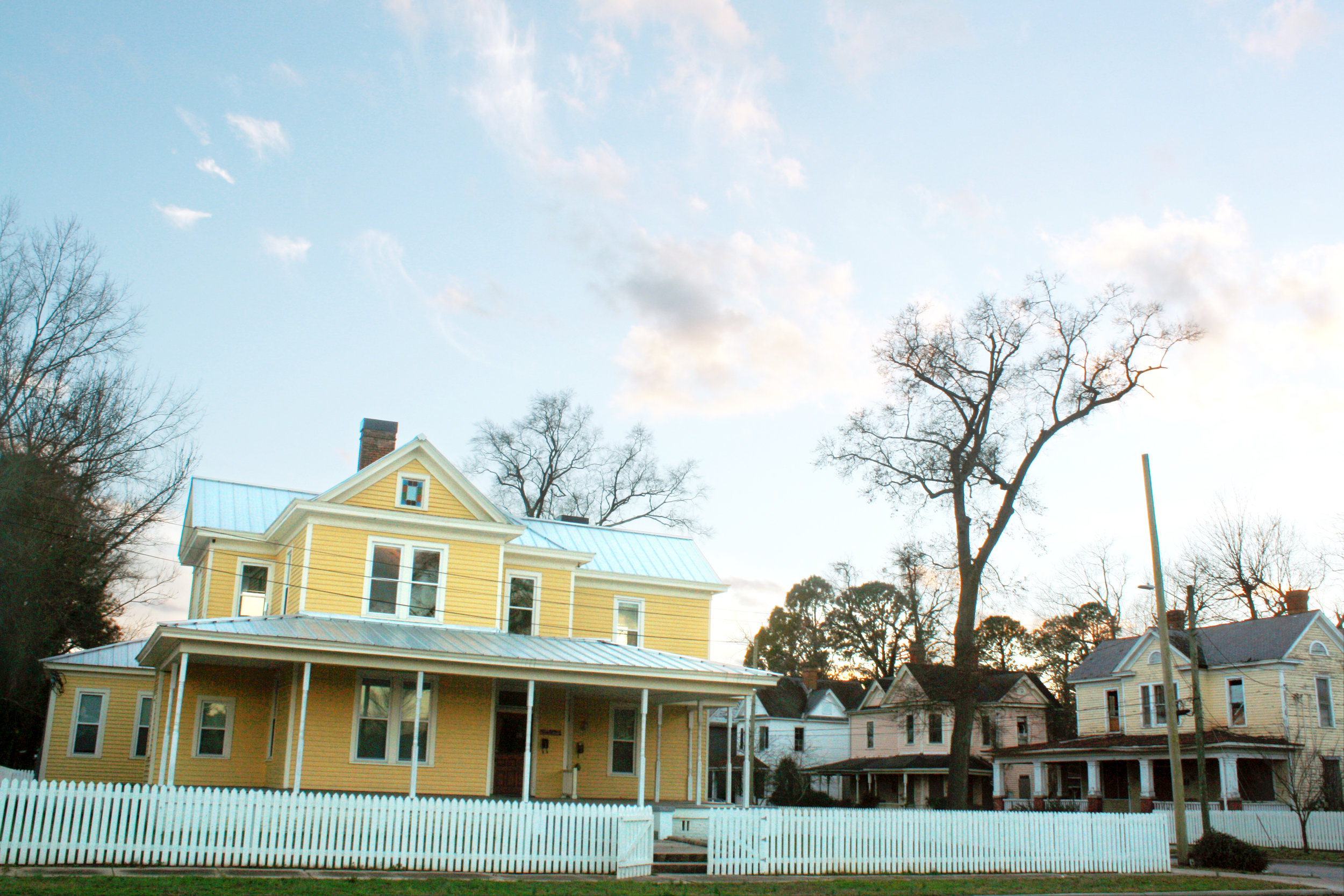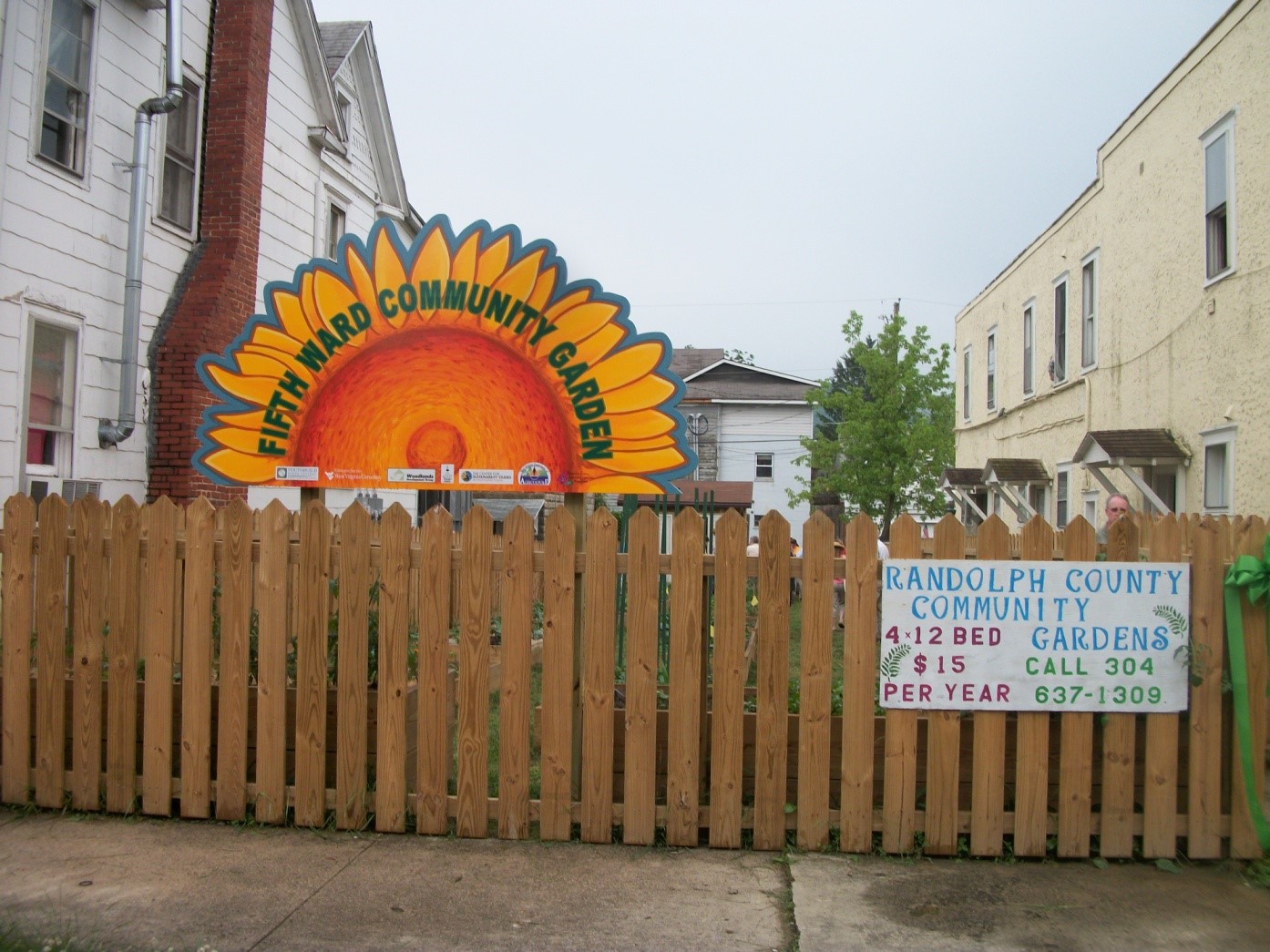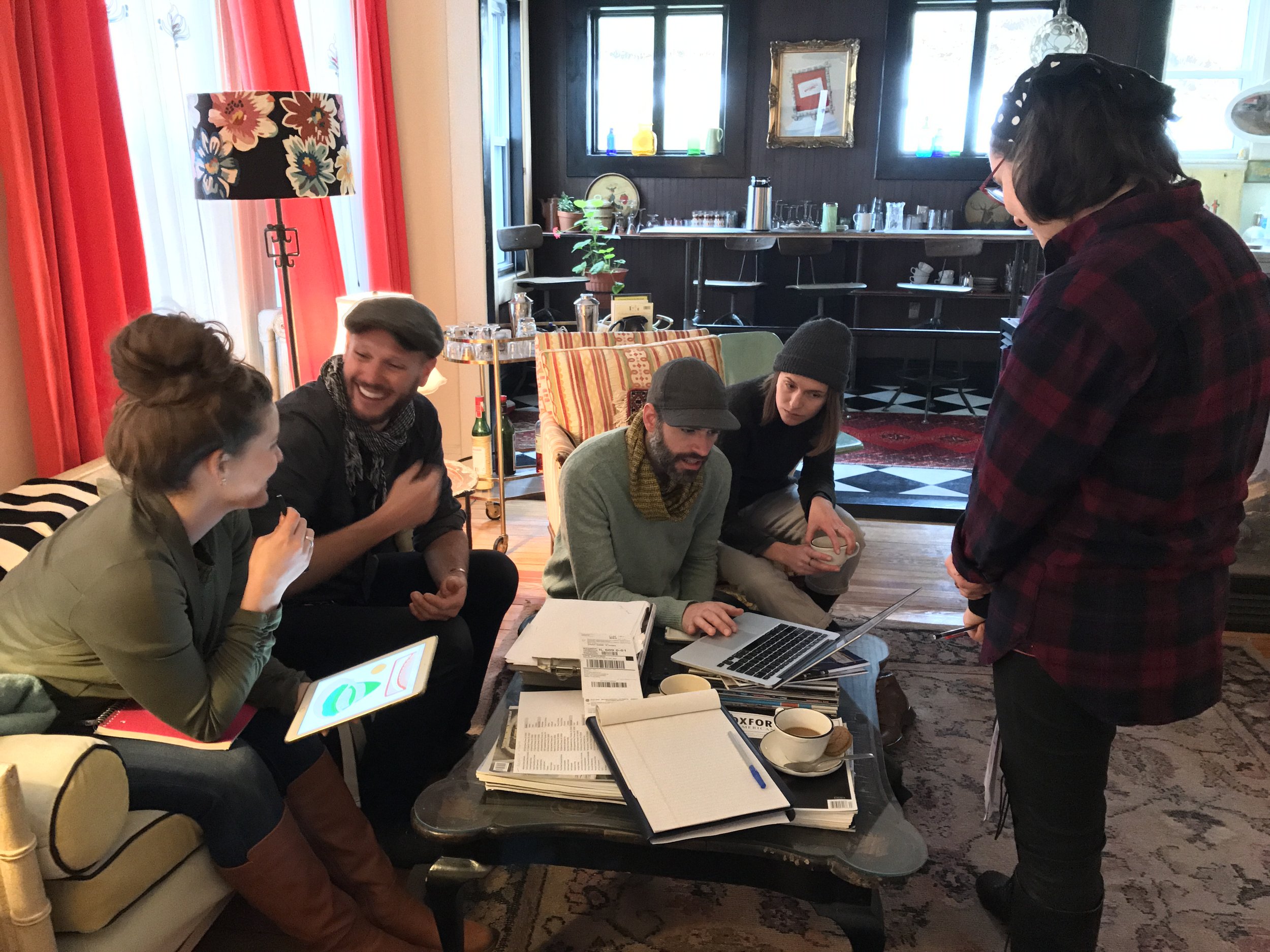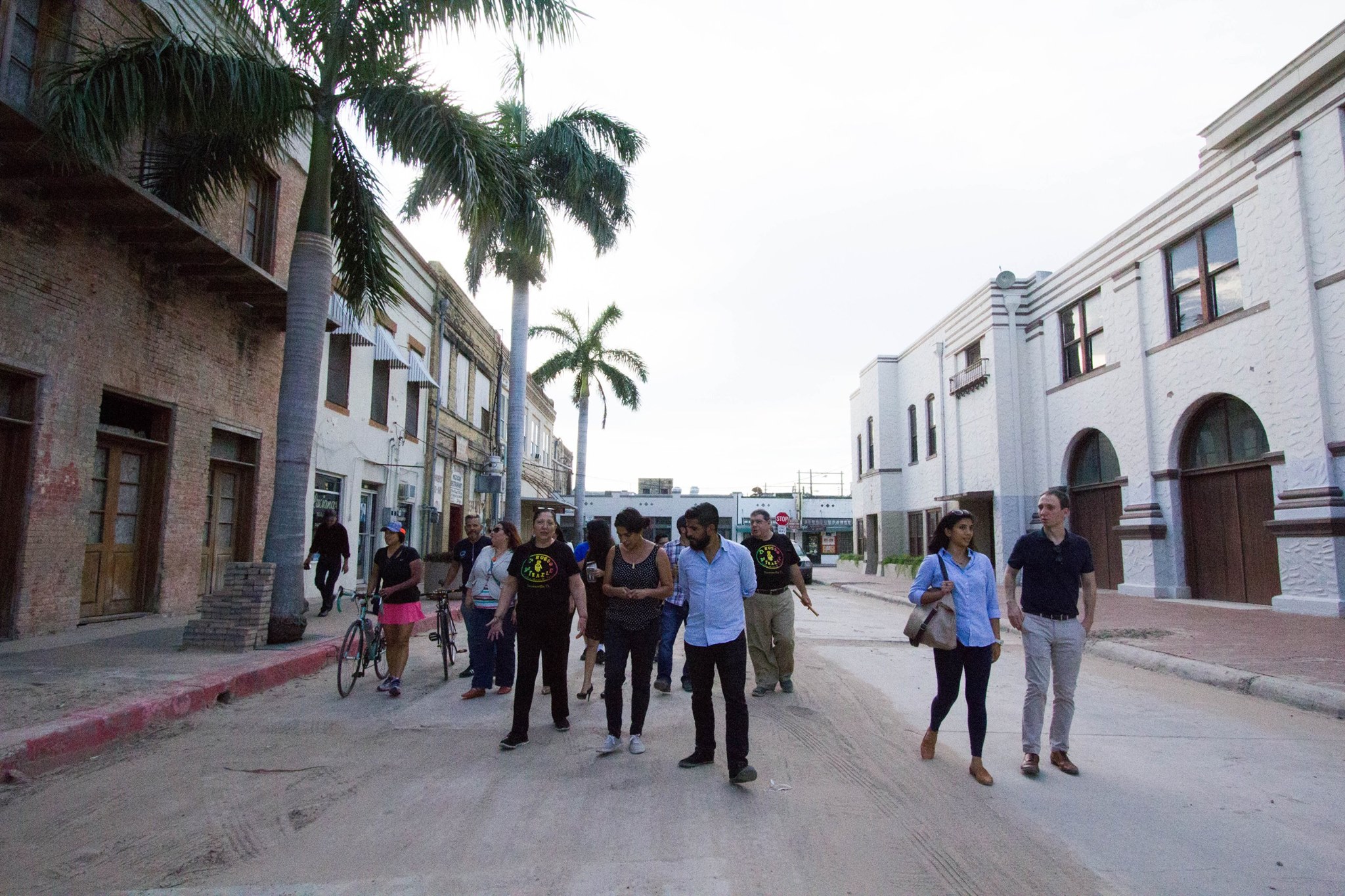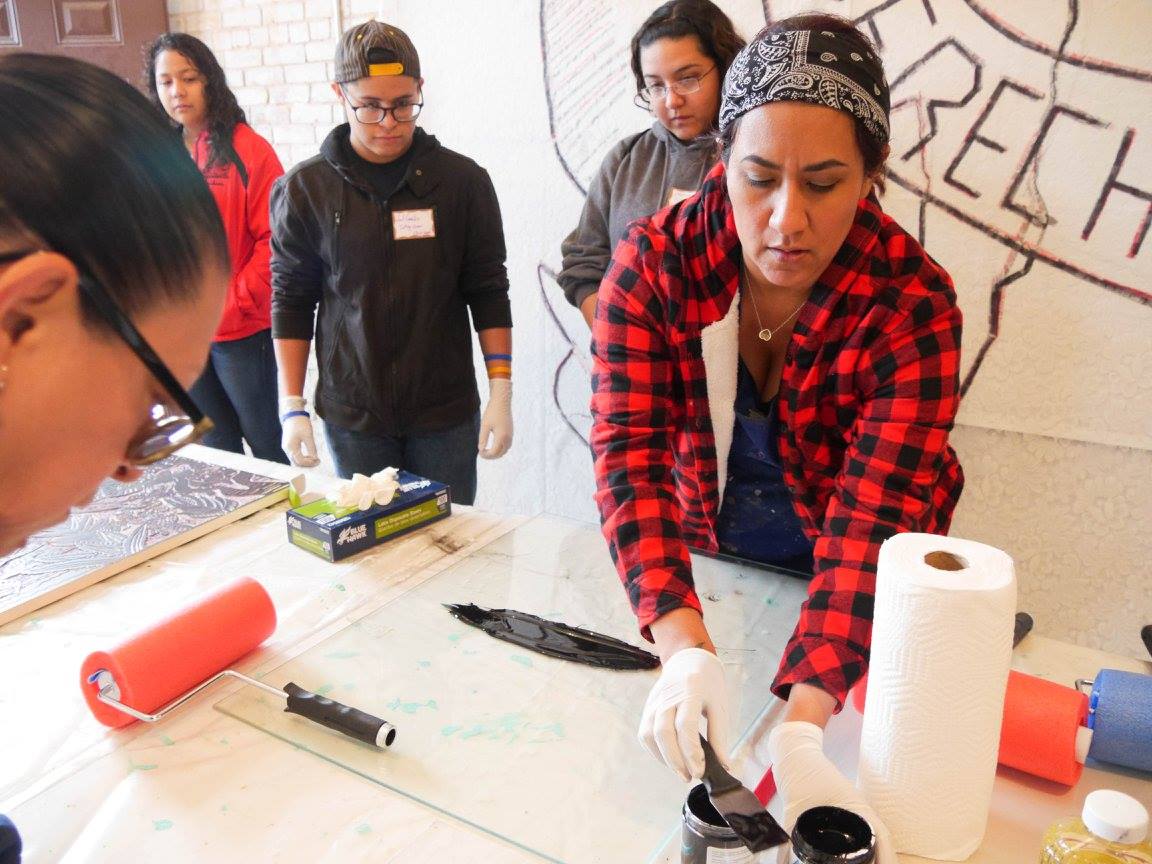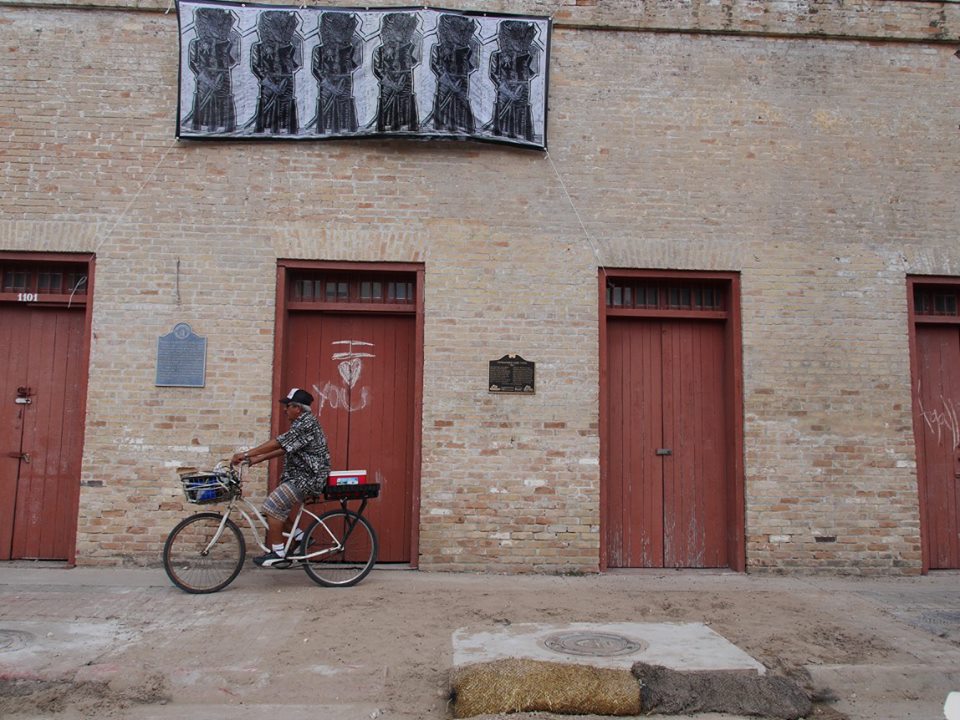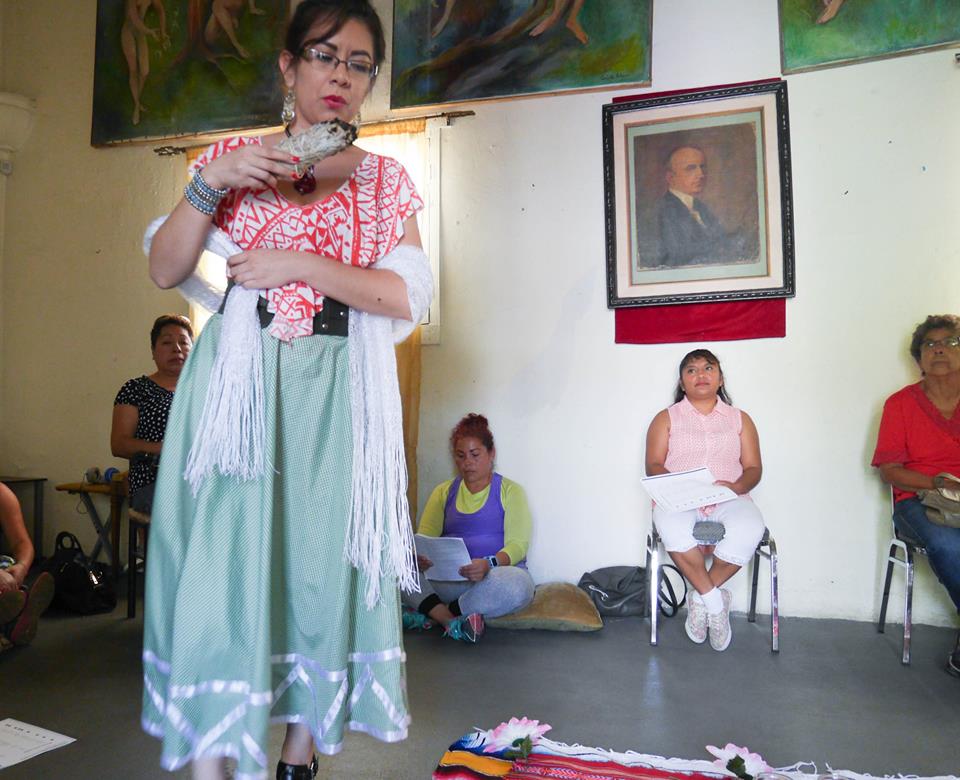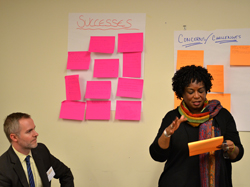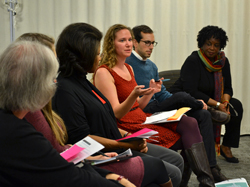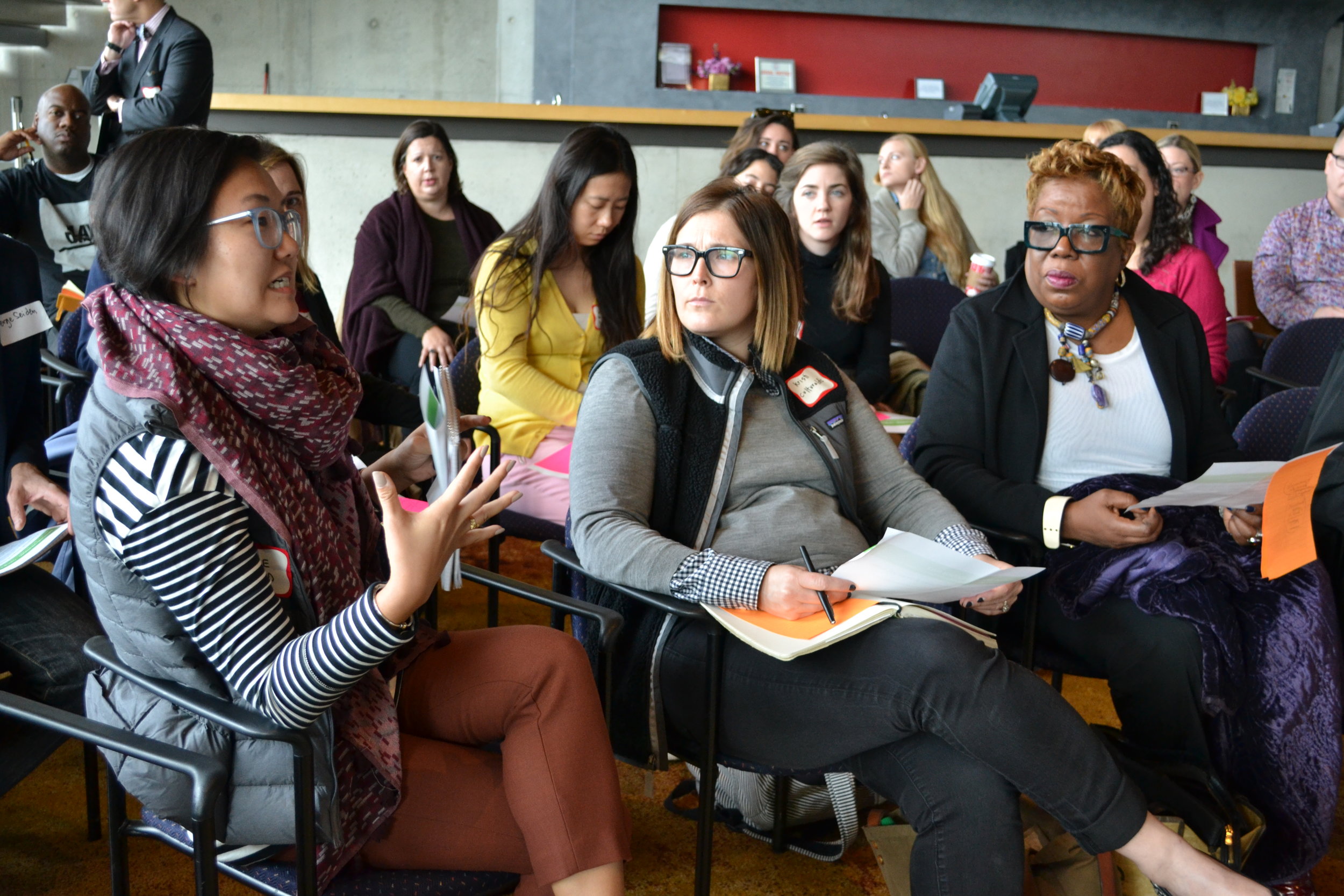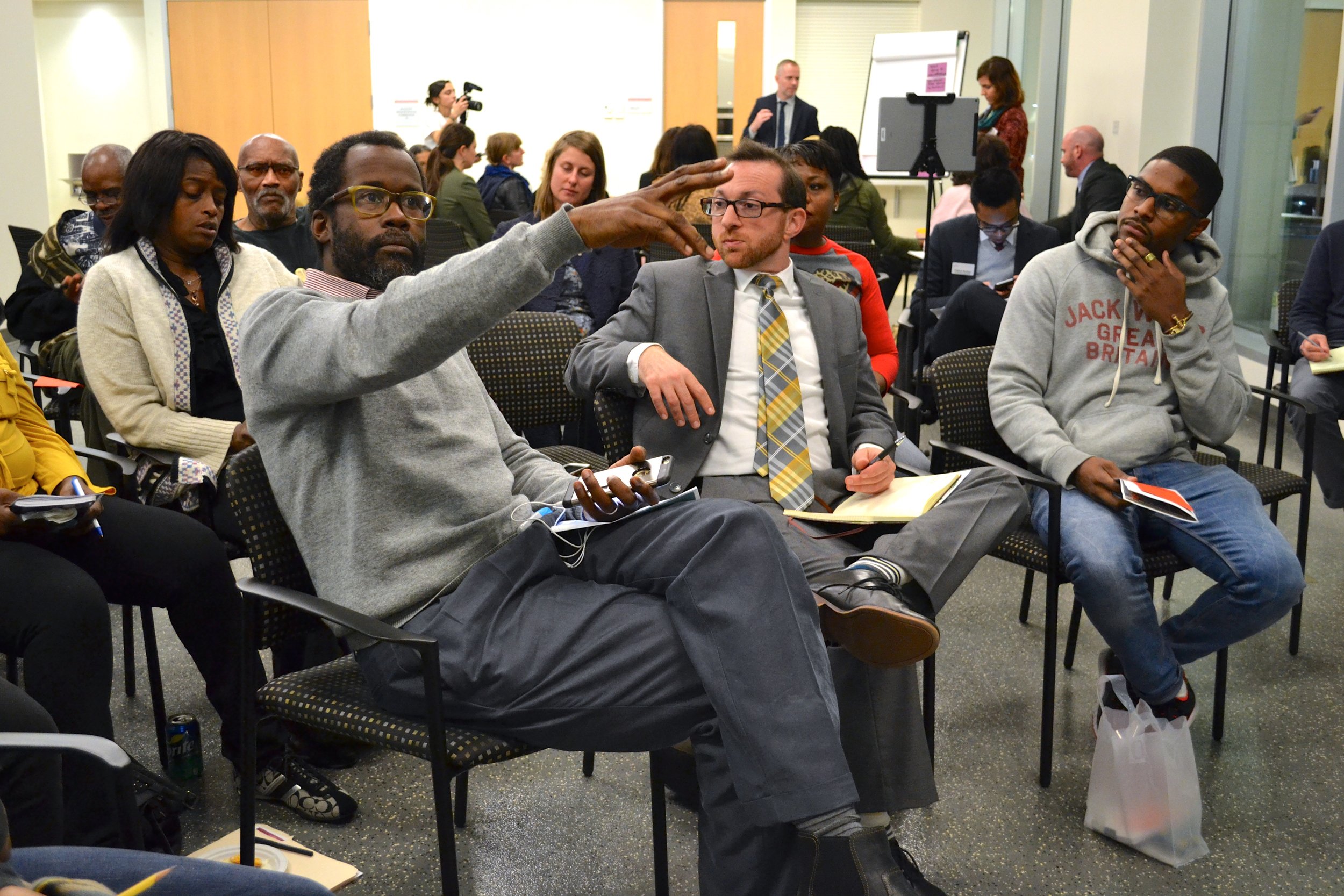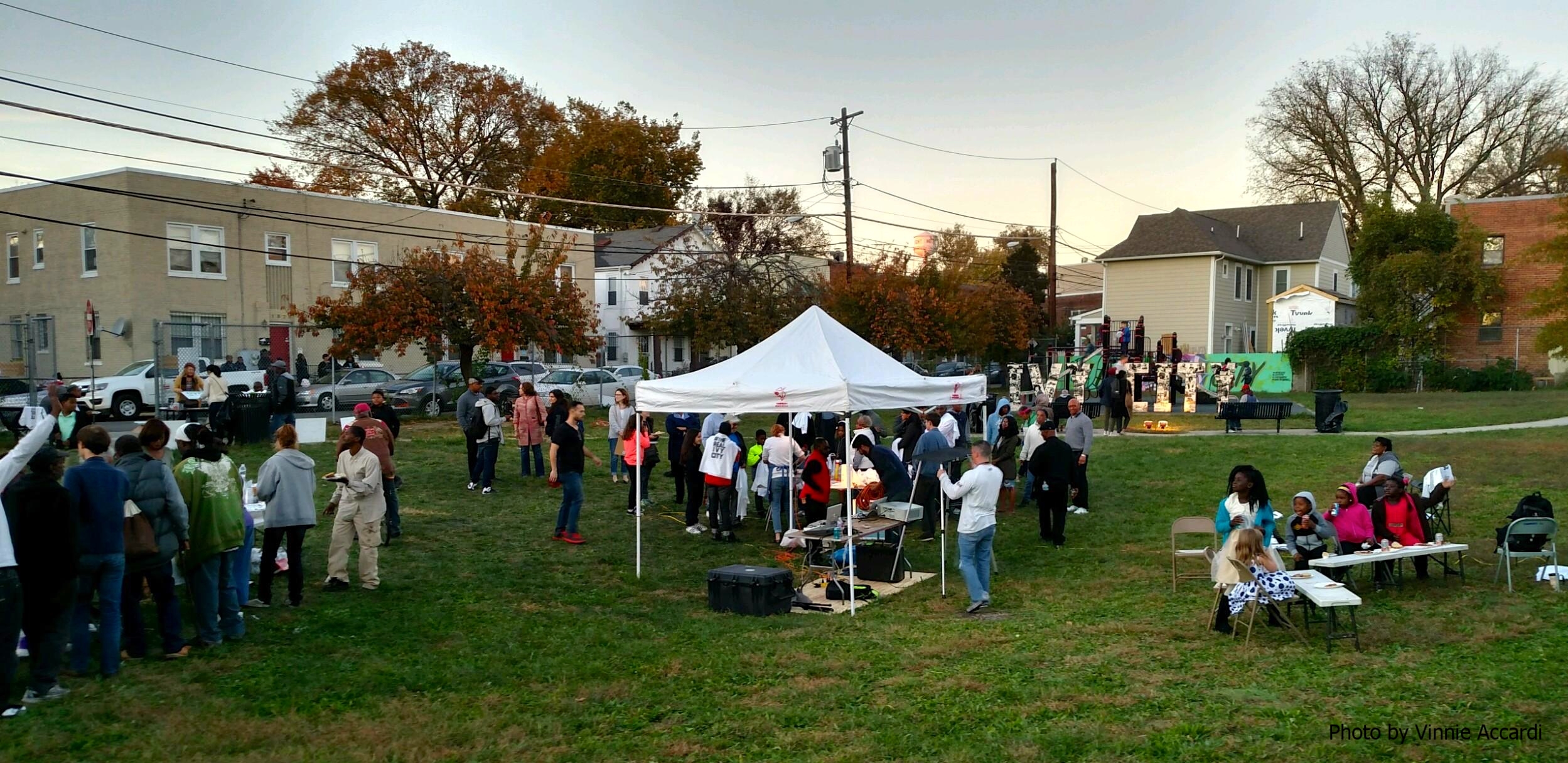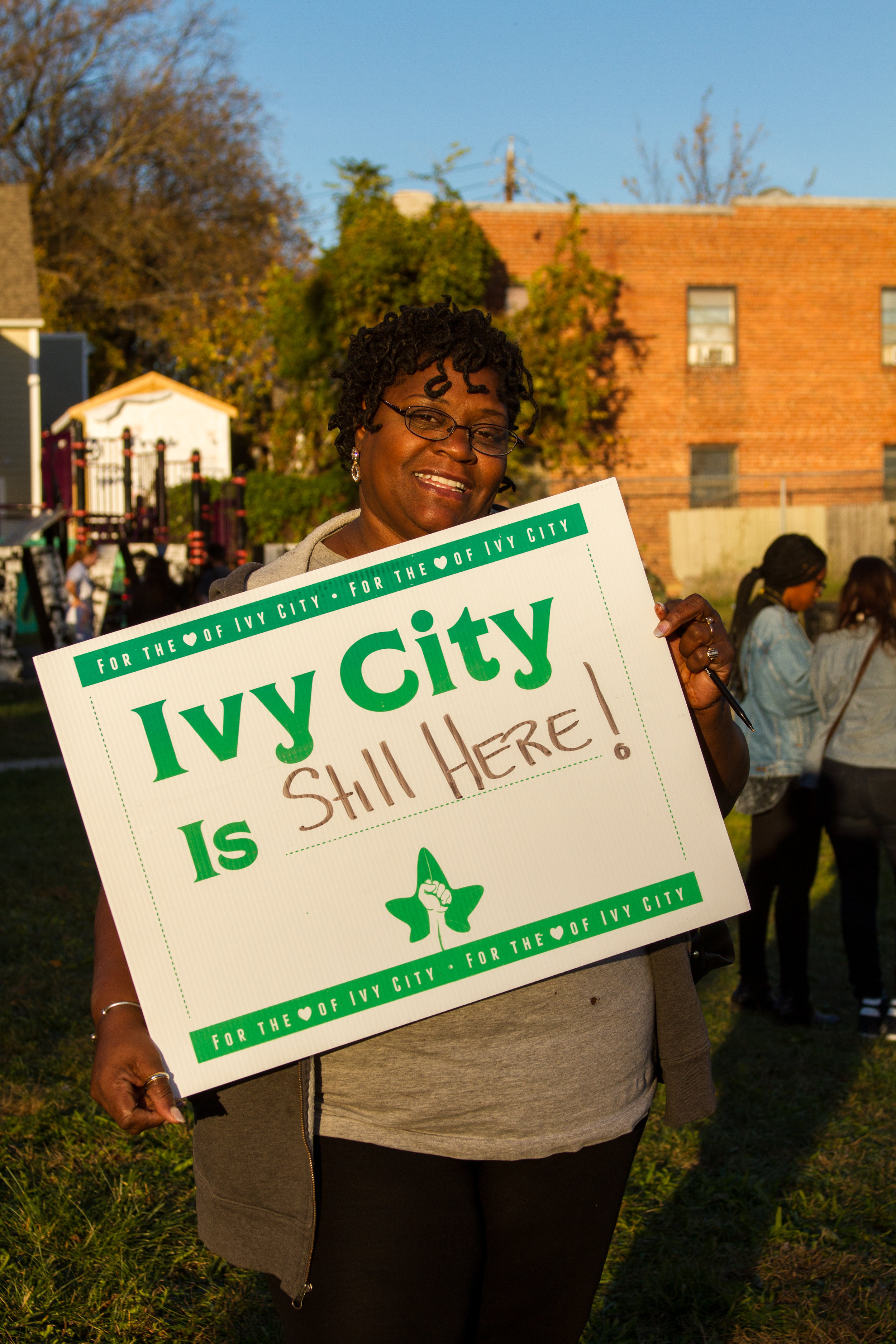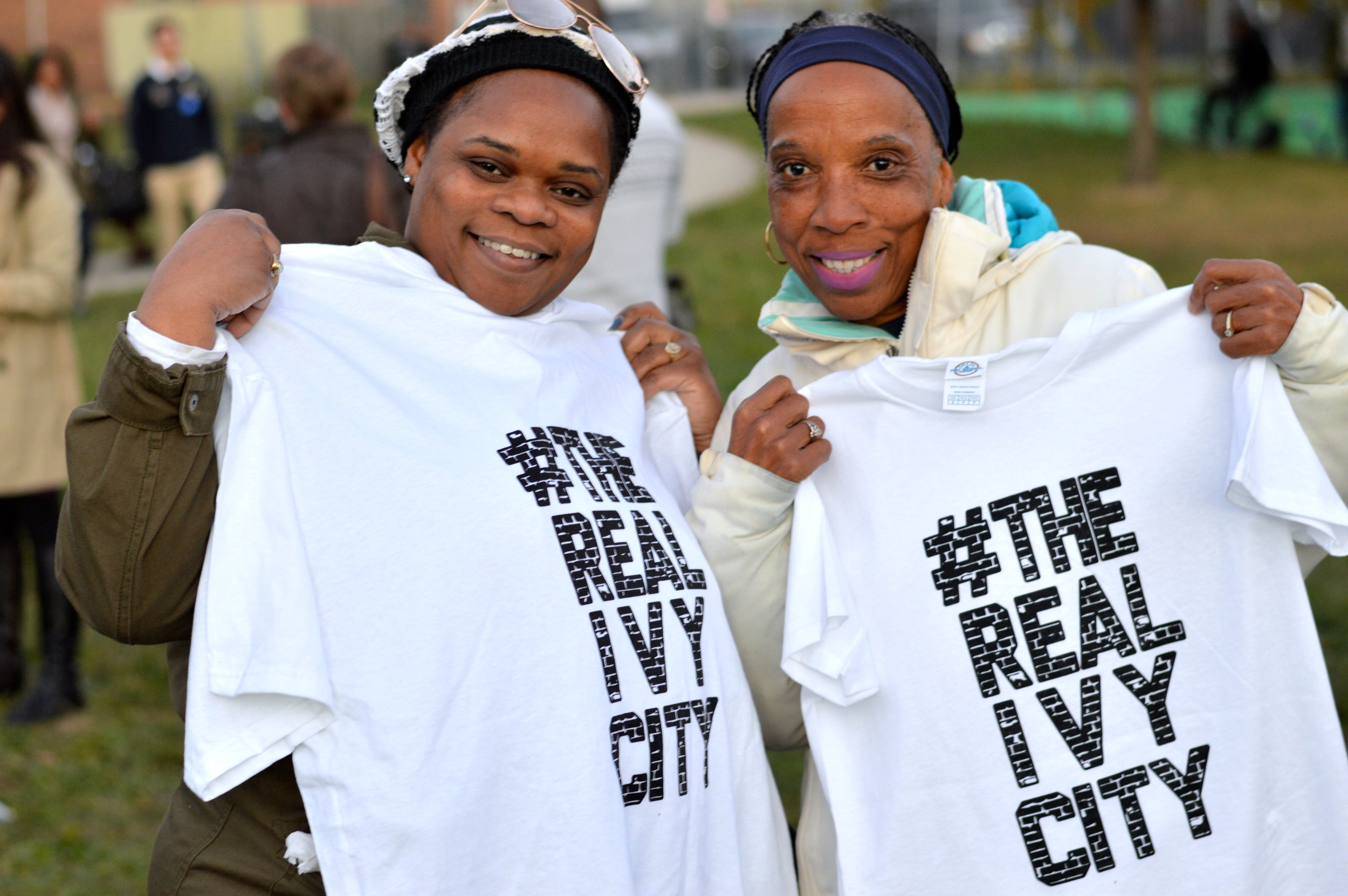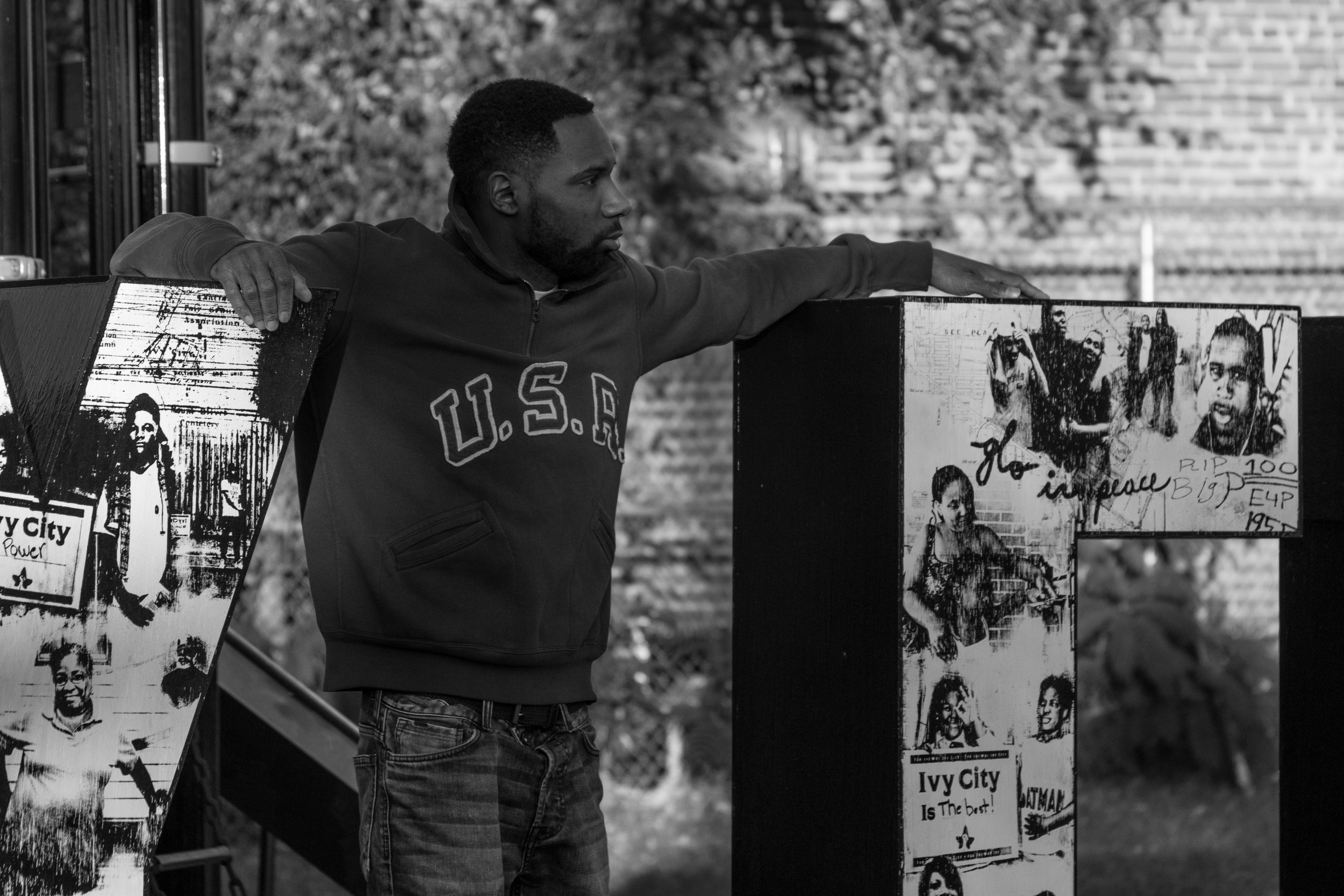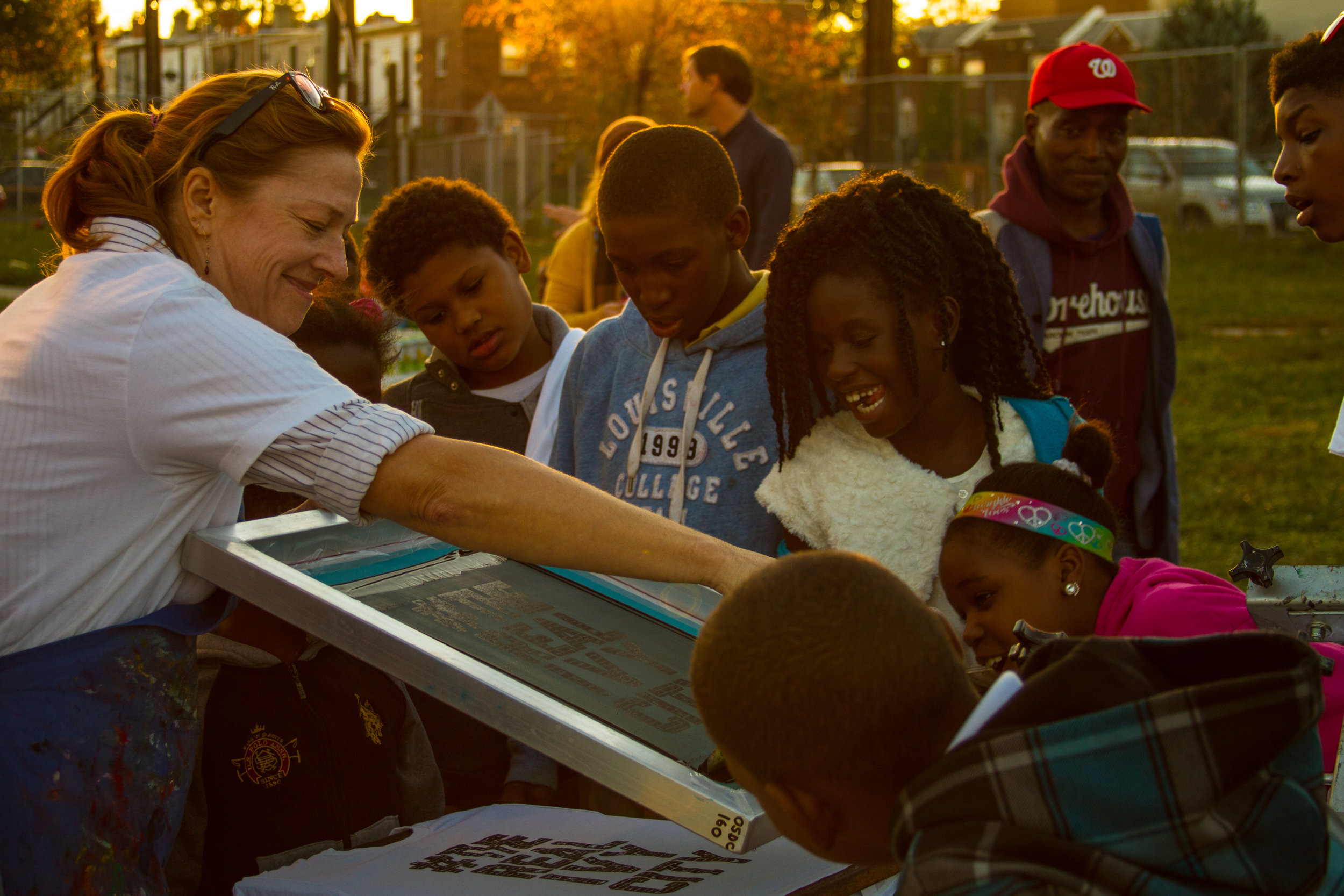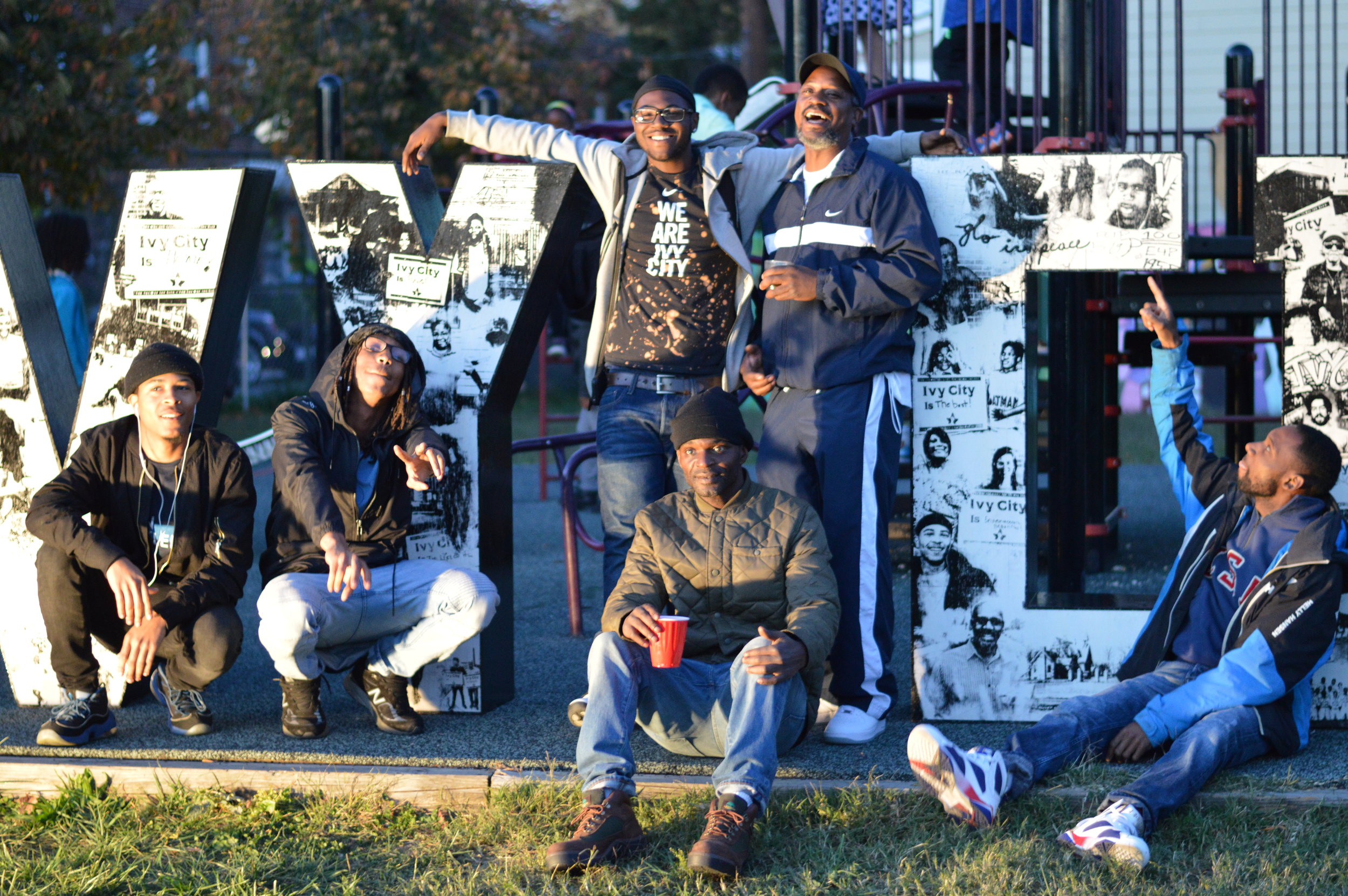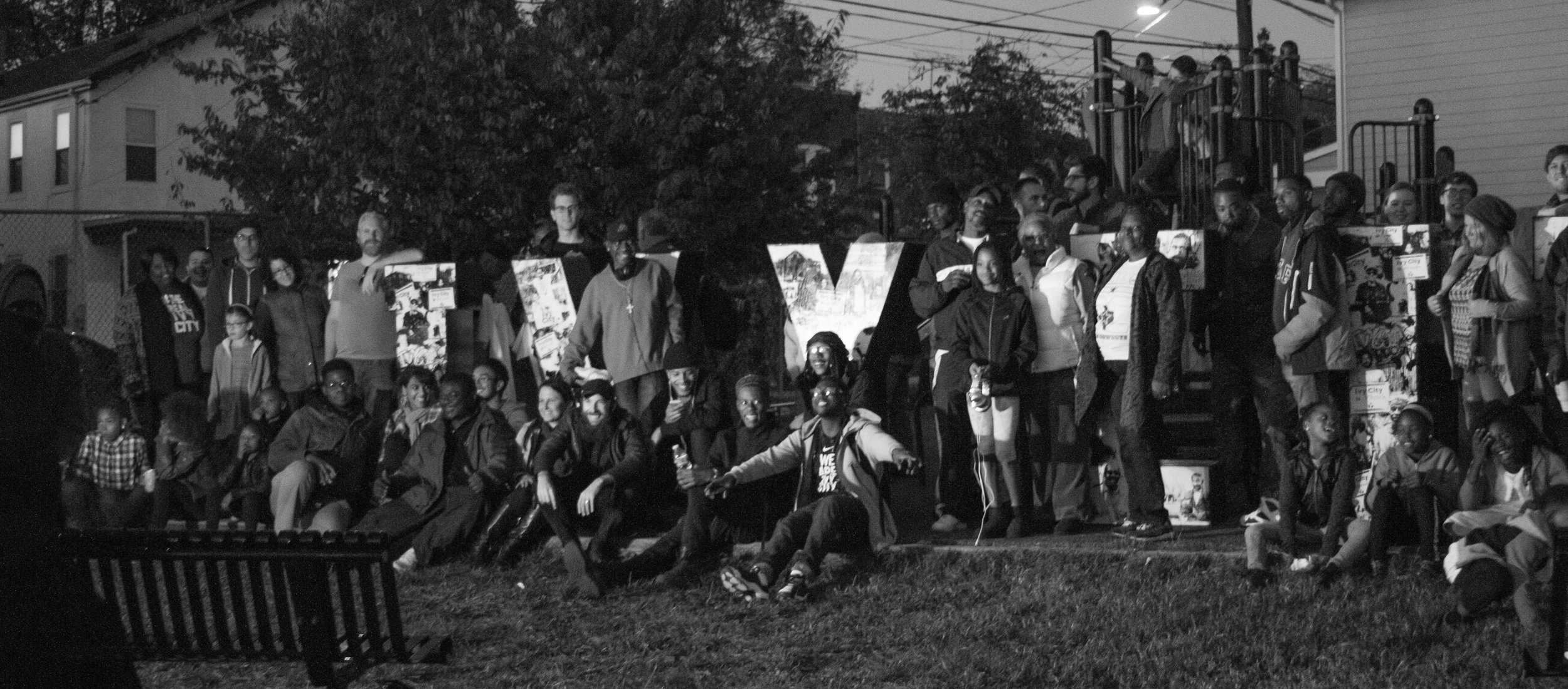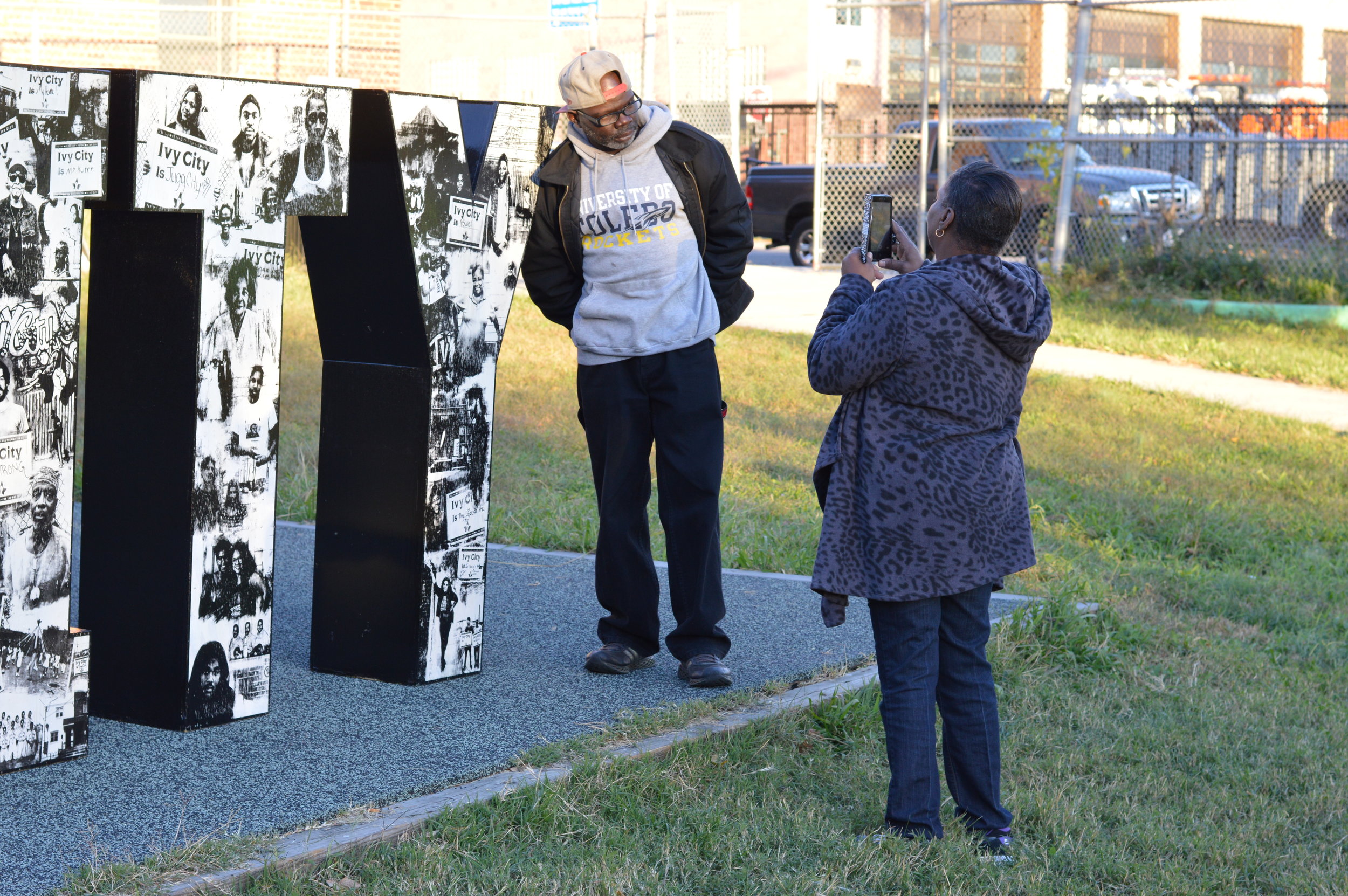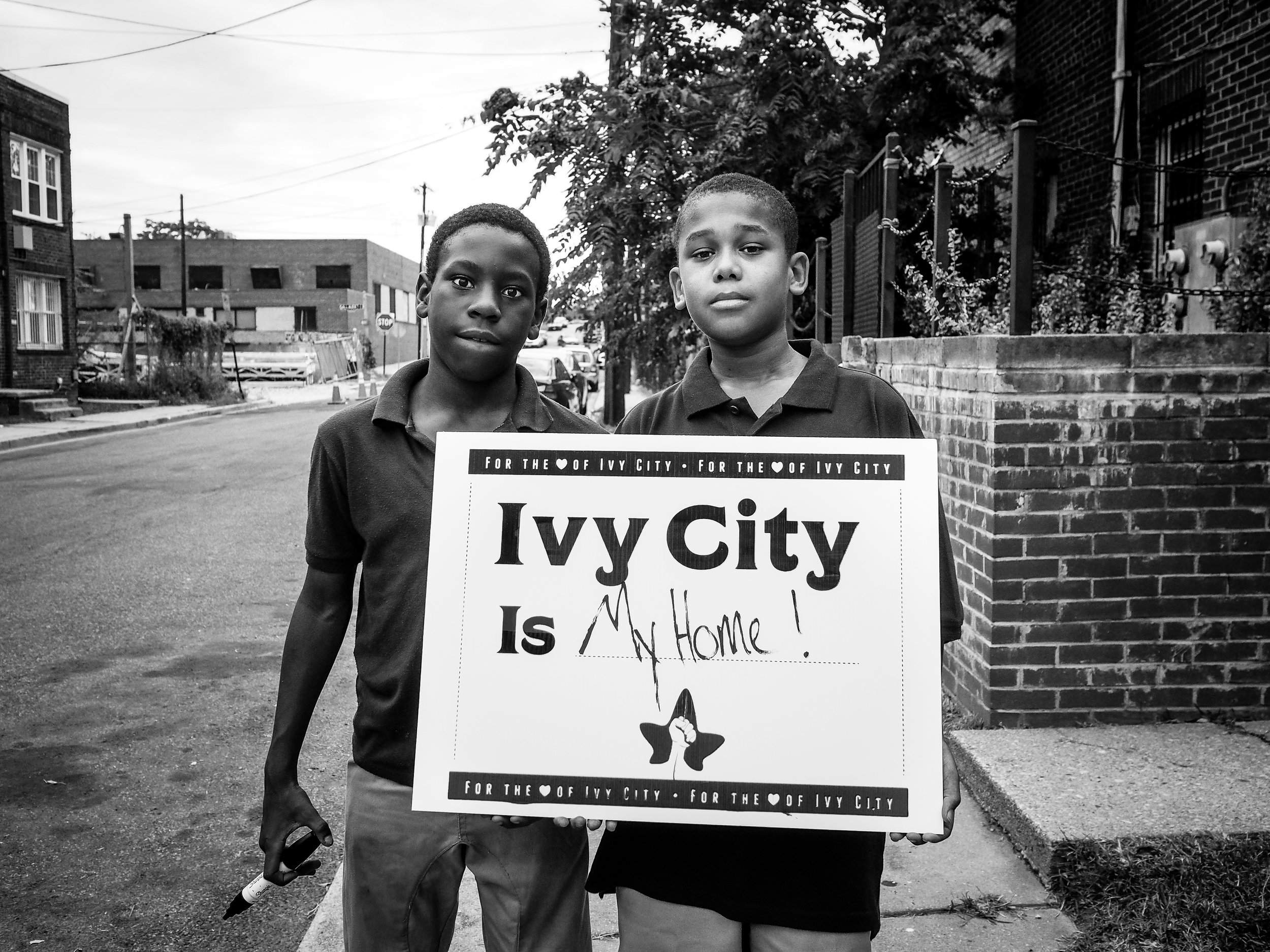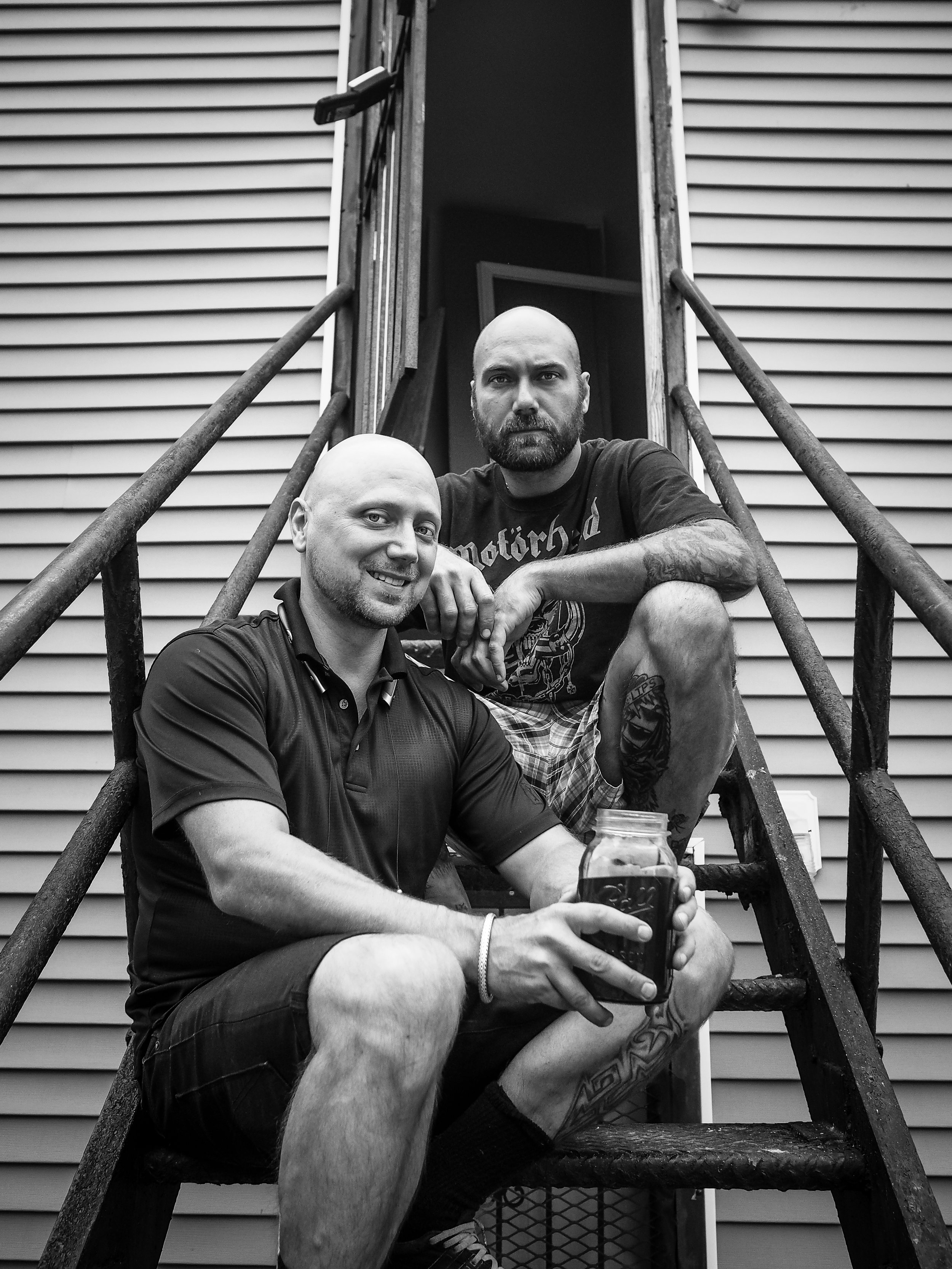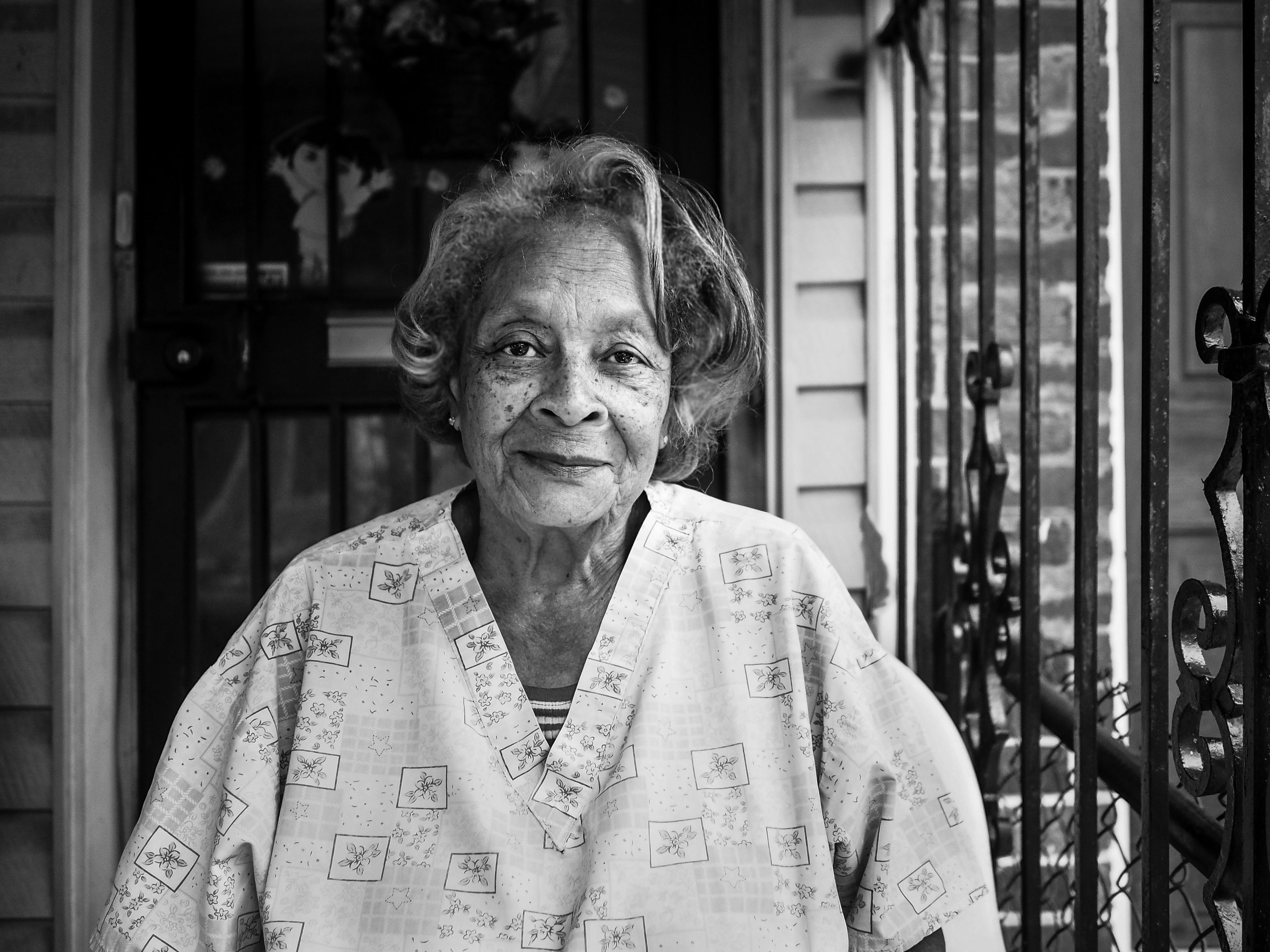Find our more about our Rural Placemaking work!
Over the past year, [bc] and the Housing Assistance Council (HAC) have had the opportunity to investigate how tools of arts and community building can be used in rural communities, funded in part by a generous Knowledge Building Grant through the National Endowment for the Arts (NEA).
This partnership has brought resources to existing local efforts and enabled our organizations to better understand how ‘creative placemaking’ works in practice in rural communities and why it is a valuable tool for rural community development now. Through webinars, an internal working group, two pilot projects (in Kinston, North Carolina and Thomas, West Virginia) and a peer-to-peer exchange, we’ve seen the value of vivid local examples in understanding that ‘creative placemaking’ has been happening for a long time in rural communities across the country. Modest increases in resources coupled with capacity building hold vast potential for rural and tribal communities.
We've published a report, Lessons from the Field: Reflections on Rural Placemaking describing our yearlong initiative and reflecting on the last year of our work, outlining key outcomes and lessons learned valuable to the larger practice of rural creative placemaking. Read the full report here.
Several resources were developed during this partnership to expand knowledge and practice of rural creative placemaking, including:
- Summer 2017 Edition of Rural Voices
- Webinar 1: Creative Placemaking 101 + Funding Opportunity
- Webinar 2: Why Creative Placemaking? On the Ground Impacts
This project is supported in part by an award from the National Endowment for the Arts. To find out more about how National Endowment for the Arts grants impact individuals and communities, visit www.arts.gov.
![[bc]](http://images.squarespace-cdn.com/content/v1/5248ebd5e4b0240948a6ceff/1412268209242-TTW0GOFNZPDW9PV7QFXD/bcW_square+big.jpg?format=1000w)



